New Jersey Climate News
News Aggregation from the NJ Climate Change Resource Center
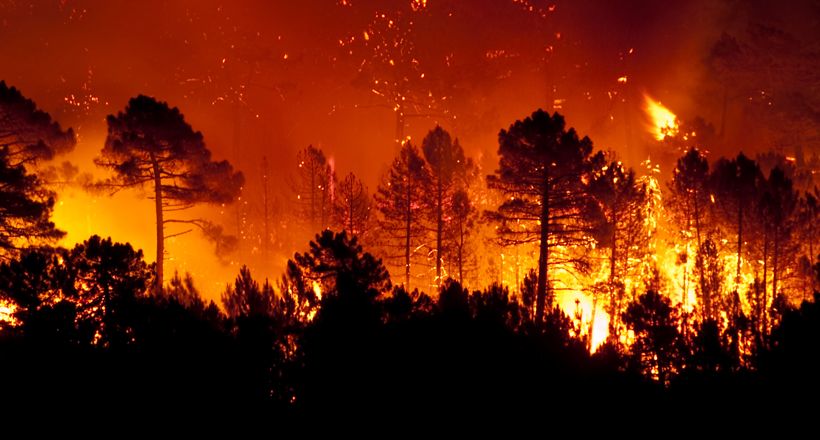
Health
Study reveals Canadian wildfires are affecting U.S. air quality and raising health concerns
Rutgers researchers examined particulate matter from a June 2023 fire that triggered advisories for more than 100 million Americans in the Northeast.
NAKAYSHA GONZALEZ / RUTGERS TODAY – Climate-driven wildfire events are rapidly transferring harmful particulate matter containing toxic chemicals over long distances, compromising air quality in the New Jersey and New York City areas, according to Rutgers Health research.
Published in Environmental Science & Technology and to be featured on the cover of the journal’s next issue, the study assessed the physical and chemical characteristics of wildfire-related particulate matter and was the first to report this characterization from a climate-driven wildfire event in the densely populated Northeast region.
“Particulate matter is a leading environmental factor in the global burden of disease, with climate-driven wildfires being a major source,” said lead author Jose Guillermo “Memo” Cedeño Laurent, assistant professor at the Rutgers School of Public Health and director of the Rutgers Climate Adaptive and Restorative Environments Lab. “In the U.S., climate change-driven wildfires are reversing decade-long improvements in ambient air quality.”
The issue is pressing as there is an increasing body of evidence suggesting wildfire pollution is associated with worsened health impacts compared to non-wildfire pollution. Emerging evidence includes recent epidemiological studies linking the wildfire event to respiratory and cardiovascular emergency visits in New York City, although little is known about the mechanisms behind those impacts.
Using advanced physicochemical analysis of the particulate matter, researchers discovered large amounts of high molecular weight polycyclic aromatic hydrocarbons (PAHs), which are cancer-causing organic compounds, at the peak of the incident on June 7.
“We found very large concentrations of ultrafine and fine particulate matter during the peak of this wildfire, surpassing almost 10 times the national air quality standards and any previous record in more than five decades of air quality monitoring in the U.S. Northeast,” said Cedeño Laurent.
Senior author Philip Demokritou, Henry Rutgers Chair and professor in nanoscience and environmental engineering at the Rutgers School of Public Health and director of the Nanoscience and Advanced Materials Center (NAMC), said, “Such small particles have the ability to penetrate deep in the lung and can cause adverse health effects, as recently reported in the New York City area by epidemiological studies.”
Findings showed that the estimated potential inhalation dose of particulate matter (PM10) over a 72-hour exposure period was found to be more than 9 micrograms of particles deposited in the lungs.
“Our findings on the extremely high concentrations of ultrafine particles and their significant PAH content are proving to be invaluable in guiding several ongoing mechanistic studies at NAMC,” Cedeño Laurent said.
He added that these studies are investigating the effects of such particles on various organs, including the lungs by Reynold Panettieri and Joseph Jude at Rutgers Robert Wood Johnson Medical School and Bruce Levy and Yohannes Tesfaigzi at Brigham and Women’s Hospital Boston; the heart by the National Heart, Lung, and Blood Institute’s cardiovascular program; the brain by David Leong at the National University of Singapore; and the reproductive system by Shuo Xiao and Andrew Gow at the Rutgers Ernest Mario School of Pharmacy.
“Findings will advance our understanding of the physical and chemical characteristics of wildfire smoke and its impact on human health,” Cedeño Laurent said.
Researchers said their data underscores the importance of further investigating the physical and chemical processes of wildfire-related air pollution in comparison to non-wildfire pollution.
“Results from our study can be used by public health assessors to evaluate risk and develop strategies to help our communities,” Demokritou said, “especially those in areas already compromised by air pollution to adopt to the increasing wildfire phenomena.”
Additionally, Cedeño Laurent and Demokritou said their results offer novel insights into the evolving composition of particulate matter. Their analysis of the particulate matter’s optical properties will be featured in a companion study, led by Georgios Kelesidis, Rutgers School of Public Health affiliate, examining the effect that particulate matter from wildfires has on the Earth’s temperature and its further influence on climate change in densely populated cities.
Rutgers’ co-authors of the study include Georgios Kelesidis, Rutgers School of Public Health affiliate, post-doctoral fellows Hooman Parhizkar and Leonardo Calderon, and doctoral candidate Lila Bazina.
SUBSCRIBE
Get the latest updates from the NJ Climate Change Resource Center
SHARE THIS PAGE
LATEST HEADLINES

Trump revokes basis of US climate regulation, ends vehicle emission standards
VALERIE VOLCOVICI and DAVID SHEPARDSON / REUTERS
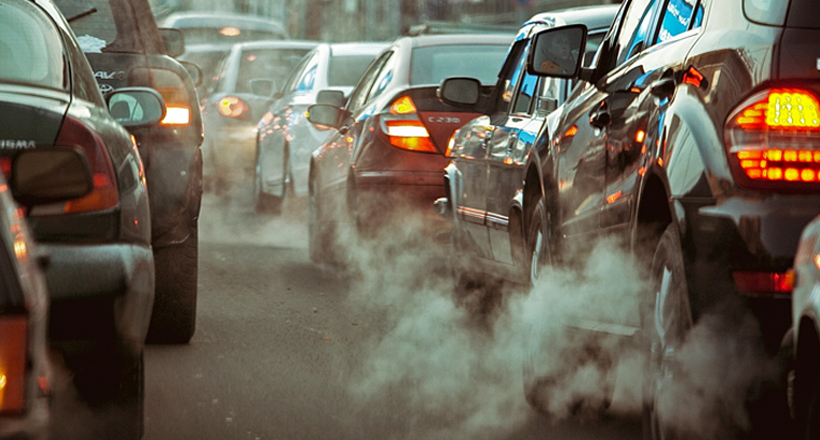
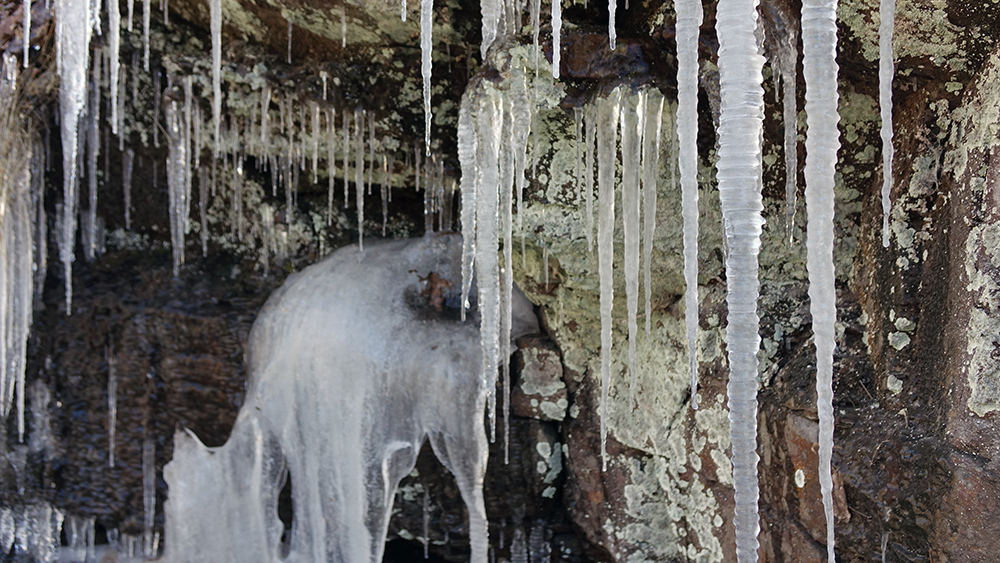
What’s up with this big freeze? Some scientists see climate change link
ERIC NIILER / NEW YORK TIMES
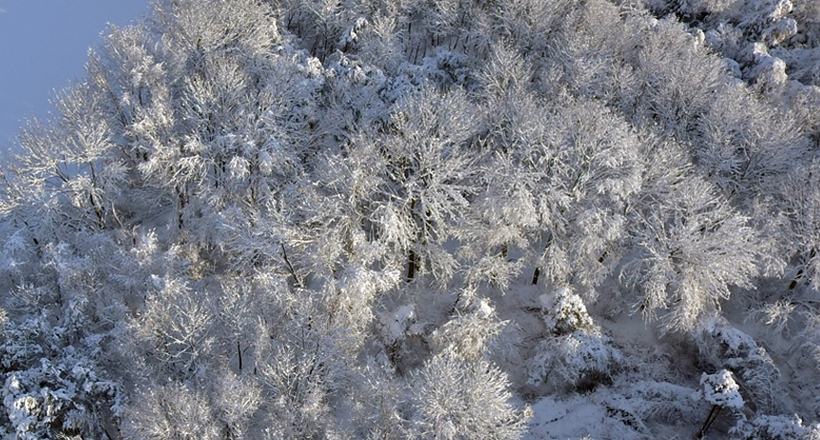
How does climate change affect winter storms?
SACHI KITAJIMA MULKEY / NEW YORK TIMES
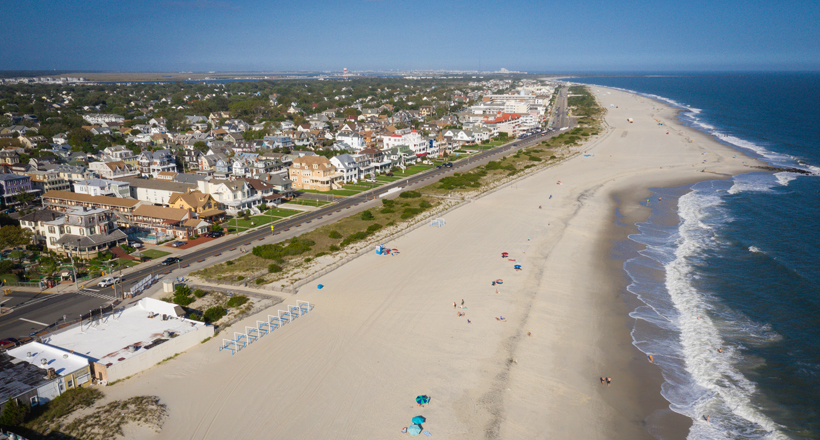
New Jersey finalizes higher elevation standards for the shore
SOPHIA SCHMIDT / WHYY
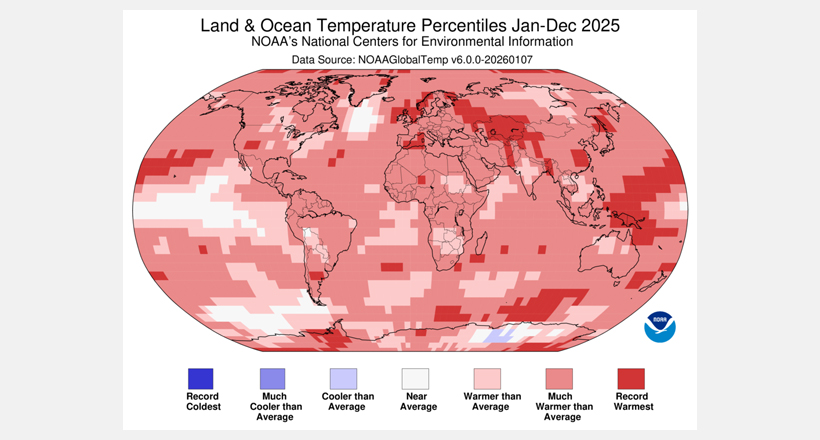

Ocean warming breaks record for ninth straight year
JOHNNY STURGEON / INSIDE CLIMATE NEWS

Where things stand on climate change in 2026
DANA NUCCITELLI / YALE CLIMATE CONNECTIONS

Trump quits pivotal 1992 climate treaty, in massive hit to global warming effort
SARA SCHONHARDT / POLITICO
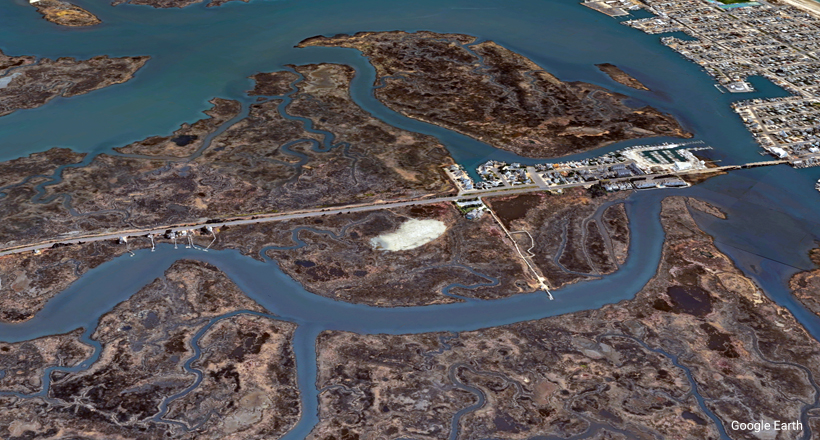

2025 was one of three hottest years on record, scientists say
ALEXA ST. JOHN / AP / PBS
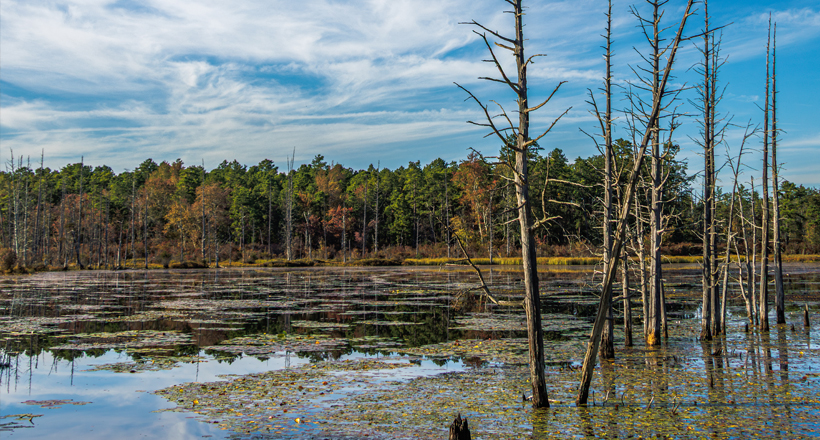
As Trump rolls back protections for wetlands, New Jersey maintains a higher standard
RAMBO TALABONG / INSIDE CLIMATE NEWS

What climate change means for white Christmases
SIMMONE SHAH / TIME


